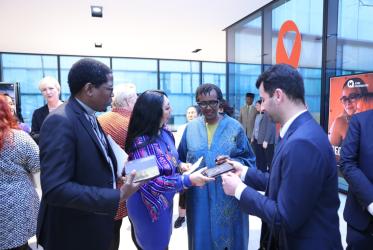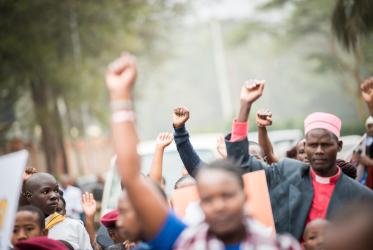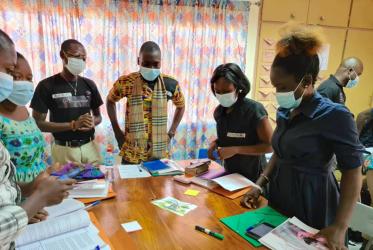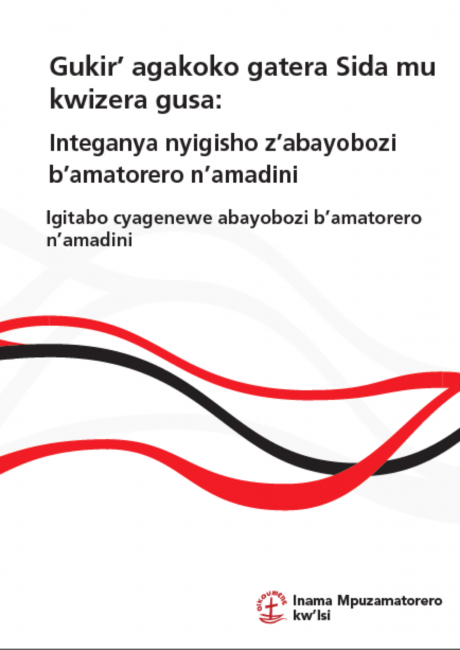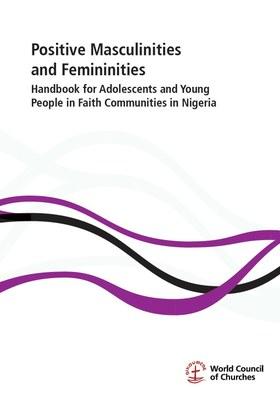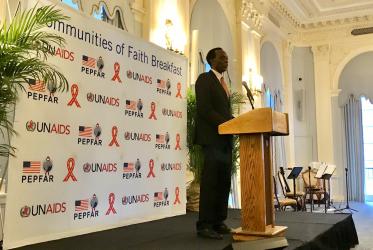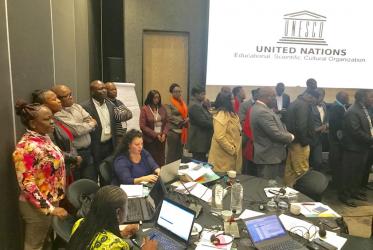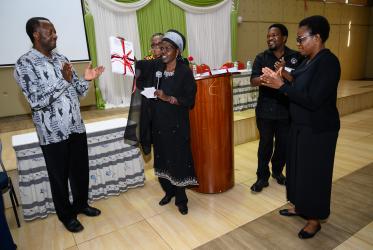Displaying 1 - 20 of 71
WCC, WHO commemorate 50 years of collaboration
04 April 2024
Consultation on strategic sngagement of the faith sector with migrants, refugees and other displaced populations for increased access to health and HIV services
12 - 14 March 2024
Ecumenical Center, Geneva, Switzerland
HIV and AIDS Civil Society Networks and the Faith Sector
Lessons Learnt from Strategic Engagement in India, Dominican Republic, Indonesia, and Jamaica
31 January 2023
Treatment Adherence and Faith Healing in the Context of HIV and AIDS in Africa
Training Manual for Religious Leaders
25 October 2020
Positive Masculinities and Femininities
Handbook for Adolescents and Young People in Faith Communities in Nigeria
19 October 2020
On the journey to HIV – bridging gaps, debunking myths
21 February 2019



